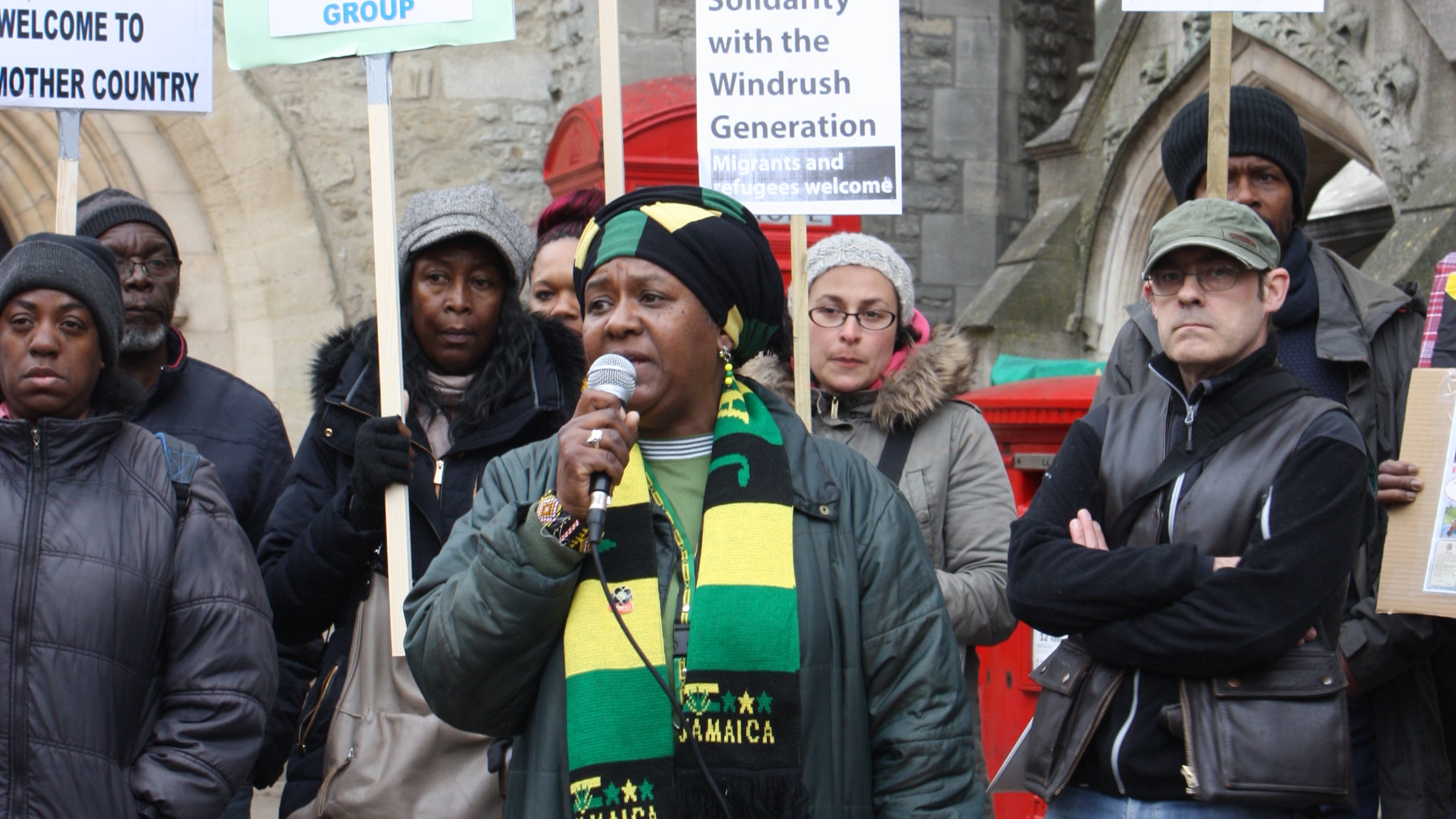Oxford students and residents came together on Monday evening to protest the government’s treatment of the Windrush generation.
The protest, organised by Oxford Stand Up to Racism, drew a crowd of over 50 people on the corner of Cornmarket and Queen Street.
Ian McKendrick, a spokesman for Oxford Stand Up to Racism, told Cherwell that the group was “calling for amnesty for Windrush and other Commonwealth citizens.” He said that the Windrush generation should be compensated for the homes lost, jobs sacrificed, and denied NHS treatment which came out of the government’s “hostile” immigration policy.
“We are attacking the whole immigration policy behind [the Windrush scandal] and Theresa May. The problem absolutely goes to the top.
“When Theresa May was at the Home Office, she was the architect of the hostile environment immigration policy for migrants. She’s fully complicit.”
Donald Norwood – a member of a church in Blackbird Leys, an area of Oxford with a large British Caribbean community– echoed McKendrick’s view. He said the scandal has “created a very nasty atmosphere.”
“It’s just not an accident, it was deliberate policy to make people feel uncomfortable.”
During the protest, members of the Oxford Windrush group spoke. They noted that 2018 will be the 70th anniversary of the year people from the Caribbean arrived in the UK on Empire Windrush, the ship that gave the generation its name. They announced events to celebrate the lives of members of that generation.
To pay tribute to the victims of the Windrush deportations, protesters laid lilies and sang songs, including Civil Rights gospel “We Shall Overcome”.

Chintha, a demonstrator and Oxford resident, told Cherwell: “You cannot undo the state of trauma and the state of total distress that some families went through – you cannot undo that.
“There’s no monetary reward that can take away the pain and the suffering and the sorrow of that period, so even if there is compensation and loads of apologies there’ll still be a lot of very hurt feelings.”
Dolcie Obhiozele, a member of the Windrush generation, moved from Jamaica to Oxford with her mother when she was 11. She recalled how both her mother and aunt had worked for New College as cleaning and catering staff.
Obhiozele told Cherwell: “Many of the colleges and the University, when I look at it, it is built on our back.”
Speaking of fellow Windrush citizens, she said: “These people have worked, and put in here – contributed to the NHS, to their pension. I can’t say how wicked and heartless it is.
“[The government] have just taken their money and everything from them, and just throw them out. It really isn’t right.”
Some of the protesters expressed disappointment at the low numbers of students who turned out to the demonstration. One protester asked: “This city has lots of students, and where are they today? Why can’t they come out for this?”

Louise Zakine, a French woman who has lived in the UK for 15 years, saw the event publicised on Facebook and wanted to show solidarity with the victims.
Zakine told Cherwell: “I’m worried for my friends, my French friends in London – I don’t know what will happen to them [after Brexit] so that’s a bit scary. They’ve been in the UK for over 15 years, and they live here.”
The leader of Oxford City Council, Susan Brown, condemned the treatment of the Windrush generation as “shameful”.
She said: “The way the Government has used its immigration laws to discriminate against the Windrush generation is utterly unacceptable and mean spirited. In Oxford we are proud of the huge contribution that they and other Commonwealth citizens have made to our city.
“On behalf of the City of Oxford I know that colleagues across the council will want to say ‘thank you’ to the African Caribbean community, as we do to all the different communities who contribute to the rich diversity of Oxford life.”



